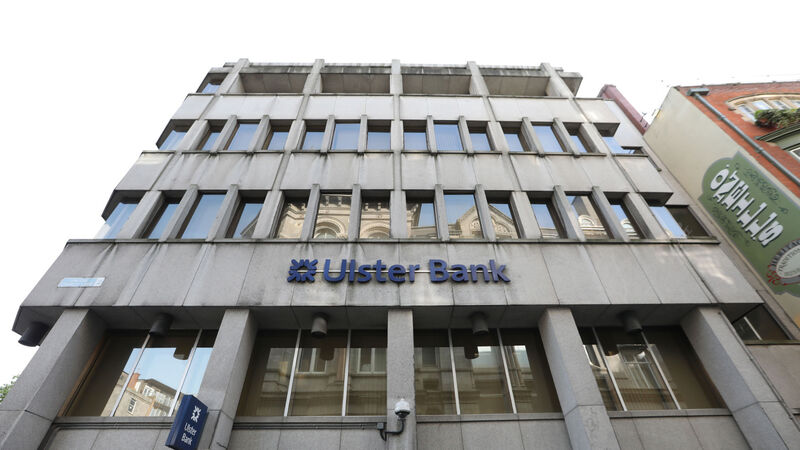Eamon Quinn: Banks have long way to go to rebuild trust

The Central Bank has imposed its largest ever fine against Ulster Bank for breaching its regulatory obligations towards tracker mortgage customers. File picture: Sasko Lazarov/Rollingnews.ie
The huge fine levied for the misdeeds of Ulster Bank is the fourth of potentially seven multimillion-euro settlements the Central Bank will strike in its probe into the industry-wide mortgage tracker scandal.
The fine of almost €37.8m is the largest ever handed down and in part reflects the resistance Ulster Bank put up, with its lawyers, in fighting the investigation — and not least the harm it did to 5,940 of its own customers by overcharging.











